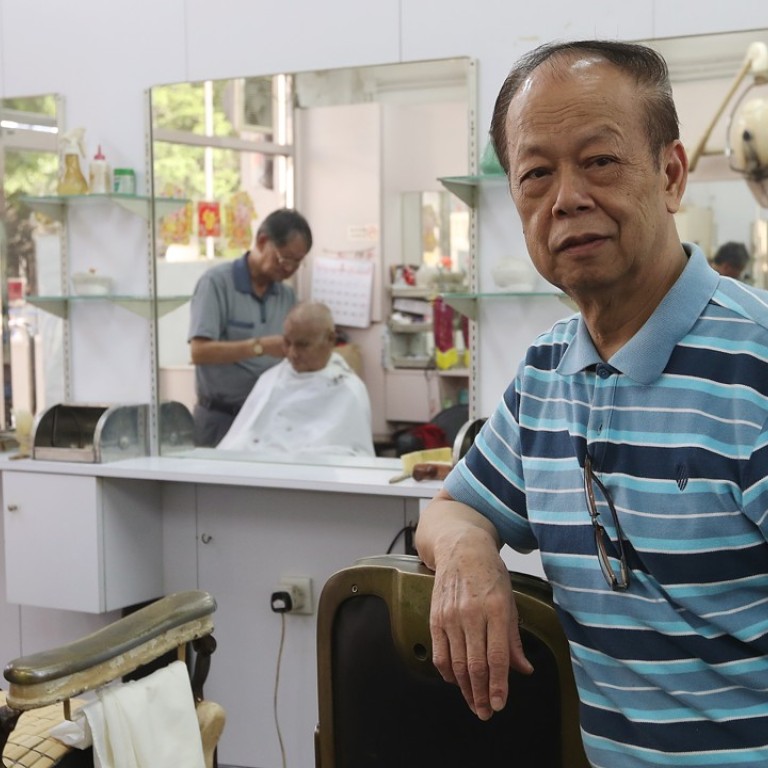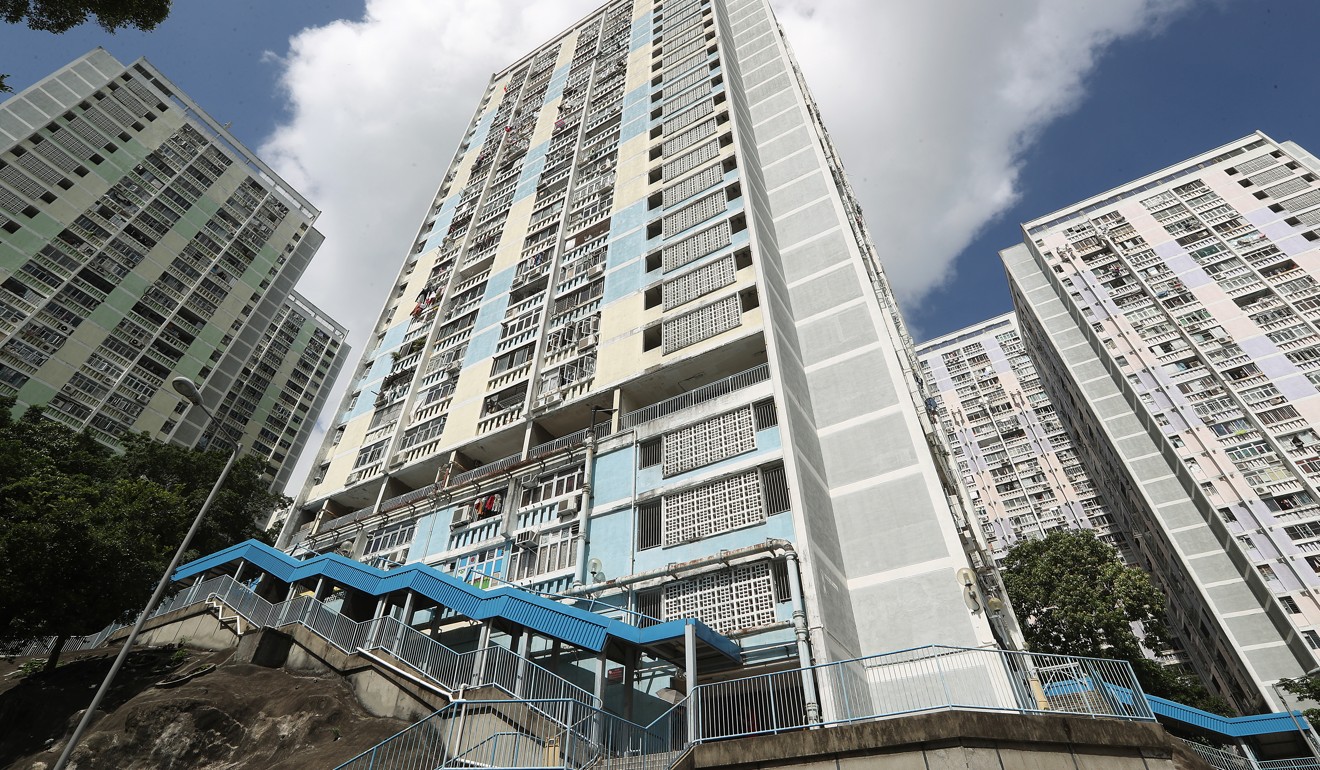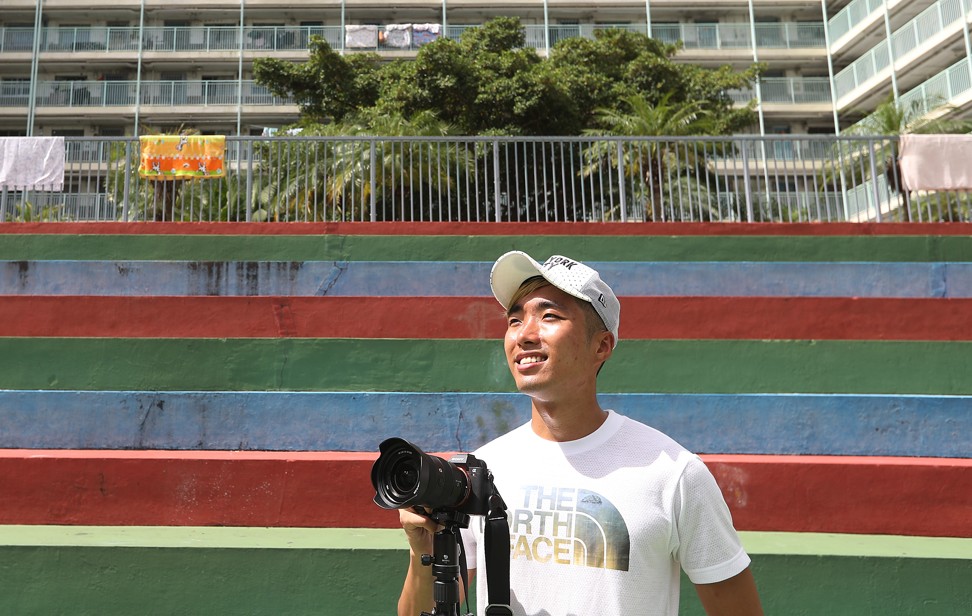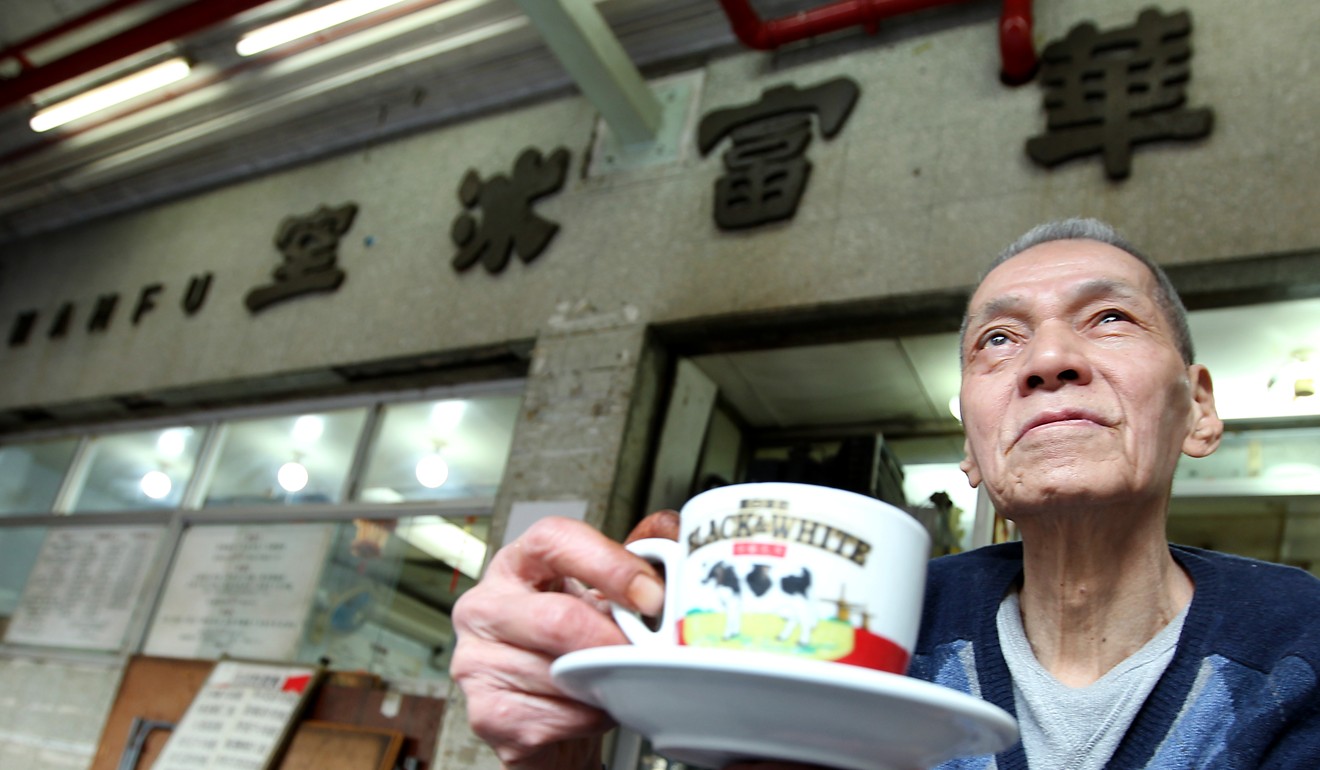
Time catches up with a Hong Kong estate that broke the mould
With the bulldozers about to move in on the Wah Fu Estate in Pok Fu Lam, residents say collective memories of their community spanning half a century will live on
Almost four decades ago, when Ko Kang-ching was asked to take over a Shanghai-style hair salon at Wah Fu Estate in Pok Fu Lam, he considered it a great business opportunity because its population was 50,000 and growing.
“Our golden era was from the 1970s to 1980s, when we had more than 50 customers a day and had eight hairdressers here,” the 70-year-old businessman said in his shop, which was filled with empty chairs. “Now, we have only four hairdressers.”
Ko said he had to downsize his salon seven years ago to save money as fewer people were living in the neighbourhood and his trade was declining.
There were currently 26,000 residents on the estate, according to the Housing Authority.
Completed in 1978, Wah Fu was built for low-income families; it contains 9,100 flats in 18 blocks.

The estate, known for its “twin tower” building design, with a central void to improve airflow, was one of the first batch of such buildings in Hong Kong.
But this once innovative scene is about to be relegated to the past. As announced in former chief executive Leung Chun-ying’s 2014 policy address, the government will soon redevelop the 50-year-old estate and replace it with new blocks that add 11,900 more flats to the rejuvenated estate, bringing the total number of flats to 21,000 by 2025 at the earliest.

Cho, a full-time photographer, made a drone video to feature the twin-tower design of Wah Fu in 2016. The video has been viewed more than 195,000 times on Facebook.

Cho also said the Waterfall Bay, which was about a 20-minute walk from Wah Fu Centre, was one of his favourite spots in the neighbourhood, as he used to hang out there with friends after school.
“Even though I am not in school any more now, I will sometimes sit by the Waterfall Bay and reminisce about the past.”
Once an icon of low-cost living, Wah Fu Estate is finally getting the redevelopment residents hoped for
Former resident Anna Yuen Wai-yee, who is in her 30s, lived in Wah Fu for about 20 years and said she missed it as it was once a lovely community.
“Neighbours were close with one another. I cannot say all were nice but we did have close relationships with some,” she said.
“My mum needed to work while we were at school. She would give a set of spare keys to one of our neighbours because she was afraid that my sister and I would have forgotten to bring our keys.”
But the older generations seem to have only a little emotional attachment to Wah Fu, one of the city’s oldest housing estates.

“People just come and go,” Ngan, also known as “Brother Man”, said. “The cha chaan teng is just a way for me to make a living.”
Hair salon owner Ko said: “If my salon is forced to shut down as a result of redevelopment, I can, therefore, officially retire. I have had enough here.”

